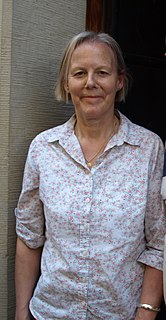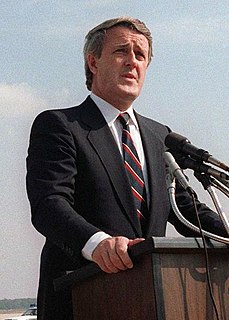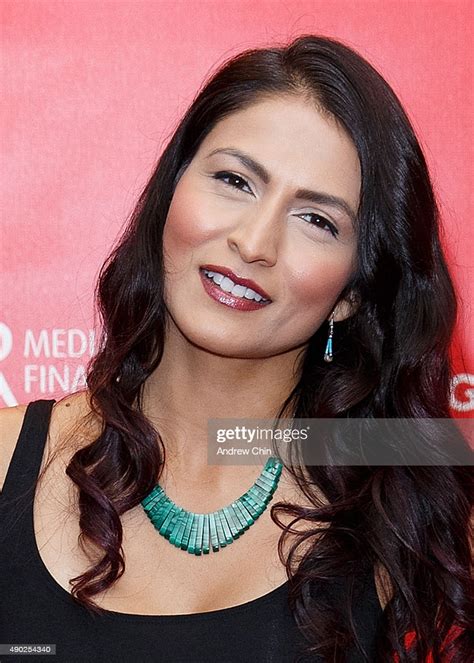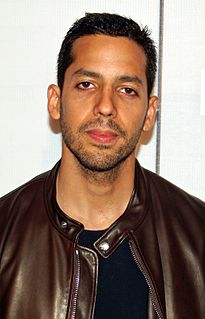A Quote by Jacob Rees-Mogg
When Margaret Thatcher was leader, she and Michael Heseltine were hardly soulmates, but she would not have allowed personal rivalry to take the heat off the Labour Party, whose own deep internal divisions are buried in other news now, nor would she have countenanced any attempt to have a show trial.
Related Quotes
Media hosts just talk about Golda Meir and Margaret Thatcher and again miss the point. I was talking about AMERICAN culture, ladies and gentlemen. As I pointed out, if Margaret Thatcher or Golda Meir, by the way, she didn't care, and Margaret Thatcher didn't care how she look like. If Margaret Thatcher were running for president today, as she was when she was the Iron Lady, we wouldn't have her mom doing television commercials telling us how wonderful she was when she was a kid and how nice she is.
There was a warmth of fury in his last phrases. He meant she loved him more than he her. Perhaps he could not love her. Perhaps she had not in herself that which he wanted. It was the deepest motive of her soul, this self-mistrust. It was so deep she dared neither realise nor acknowledge. Perhaps she was deficient. Like an infinitely subtle shame, it kept her always back. If it were so, she would do without him. She would never let herself want him. She would merely see.
She'd assumed she'd be married and have kids by this age, that she would be grooming her own daughter for this, as her friends were doing. She wanted it so much she would dream about it sometimes, and then she would wake up with the skin at her wrists and neck red from the scratchy lace of the wedding gown she'd dreamed of wearing. But she'd never felt anything for the men she'd dated, nothing beyond her own desperation. And her desire to marry wasn't strong enough, would never be strong enough, to allow her to marry a man she didn't love.
In a way, the debate about Margaret Thatcher in Britain has just gotten fossilized in this notion that she is either this she-devil who wrecked the industrial base of the country and ruined the lives of millions, or she is the blessed Margaret who saved the nation and rescued us from our post-war decline.
I met this girl who had a huge scar on her leg from a car accident. She was talking about how, after it first happened, she would always wear long pants and cover it up. But, as she started to grow into it, she decided that that's just her now. It's just a part of who she is. She wears skirts and she shows it off now.
I think, when I started to become successful in the movie business, my mother was very, very worried. She thought no one would want to marry me and she thought that was the most important thing. And she thought that it would affect my personal relations. And she said how worried she was that people would take advantage of me or I would meet the wrong people. When I was made head of the studio, one of her first things was, "Well, now no one will marry you. I hope you'll be happy, whatever."
We have a number of very powerful women in the world now - Mrs. [Angela] Merkel, who the Germans call Mutti. What did we call Mrs. [Margaret] Thatcher? When she was minister of education, she stopped the children's free school milk. This may sound quaint, but after the war we were such a malnourished nation that part of the founding of the welfare state were public health initiatives. Every little schoolchild got milk. Mrs. Thatcher stopped it. They called her "Maggie Thatcher, milk snatcher."
Every argument that Margaret Thatcher ever made internationally didn't have a great deal to do with her contempt for Communism - she never really got into that. What she talked about was giving freedom to tens of millions of people in Central and Eastern Europe. She was an inspirational leader when it came to discussing her belief in freedom. More visceral and moral.
People were always saying to Margaret, 'Well, Julia sings and Betsy writes. Now what is little Margaret going to do?' Margaret would smile politely, for she was very polite, but privately she stormed to Betsy with flashing eyes, 'I'm not going to do anything. I want to just live. Can't people just live?
She was looking into my eyes with that way she had of looking that made you wonder whether she really saw out of her own eyes. They would look on and on after every one else's eyes in the world would have stopped looking. She looked as though there were nothing on earth she would not look at like that, and really she was afraid of so many things.

































